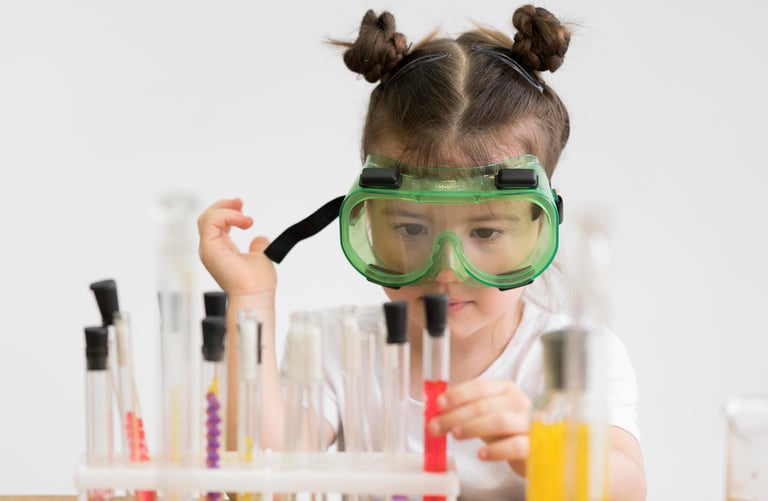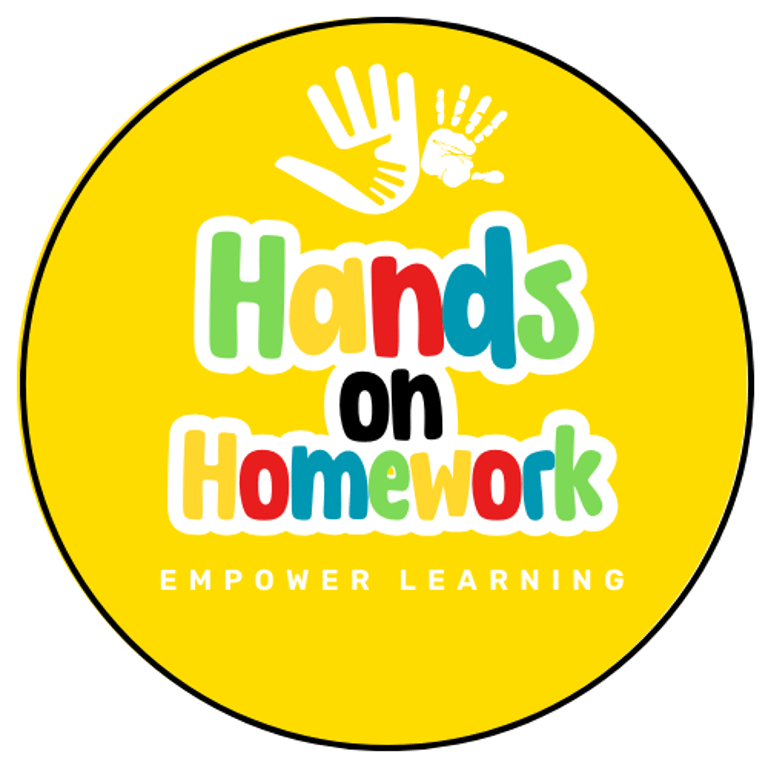What Do They Learn in Science?
curriculum sneak peek
CURRICULUM SNEAK PEAK
2/16/20252 min read


What Do They Learn in Science
Young children are naturally so curious!
A basic science curriculum for elementary school typically focuses on building foundational understanding of exploration and observation. With guidance, they begin to understand how to ask questions and are encouraged to seek answers.
Here’s what science is all about for young learners.
Kindergarten/Pre-1A
Children ages 4-6 are introduced to the world around them. They begin to develop scientific thinking and exploration.
Life Science: Learn about different animals and plants and basic animal habitats. They learn to recognize when objects are living and non-living.
Physical Science: Introduction to states of matter (solid, liquid, gas) through simple experiments.
Basic properties of objects (shape, size, color, texture).
Earth Science: Weather, seasons, and how the Earth changes (e.g., rain, snow).
Introduction to the Earth’s natural resources, like water and soil.
Science Skills: Observation, prediction, classification. Investigating objects and environments using senses.
Activities:
planting and observing growth
water and ice- properties of matter
sink or float experiment
1st Grade
First graders are introduced to basic scientific concepts
Life Science: Basic plant and animal needs (food, water, shelter) and life cycles.
Physical Science: Simple machines (levers, pulleys), light and sound, properties of matter.
Earth Science: The sun’s impact on Earth, weather patterns, introduction to the solar system.
Science Skills: Observing, comparing, and describing objects.
Activities:
shadow tracking
animal habitat models
2nd Grade
In second grade children begin to build essential science skills and form ideas about scientific processes. they begin to notice patterns of change.
Life Science: Life cycles in plants and animals, adaptations, ecosystems.
Physical Science: Forces and motion (push, pull), magnetism, matter (solid, liquid, gas), and simple chemical reactions (mixing substances).
Earth Science: The water cycle, types of clouds, and basic geology (rocks, soil).
Science Skills: Making predictions, conducting simple experiments, charting observations.
Activities:
life cycle of a butterfly
magnet exploration
water cycle observation
3rd Grade
By third grade students can formulate answers to basic science questions. They make observations, conduct experiments and present what they learned
Life Science: Animal structures and functions, ecosystems, food chains, and webs.
Physical Science: Properties of matter, energy (light, heat, sound), and basic electrical circuits.
Earth Science: Earth’s resources, weathering and erosion, natural disasters (volcanoes, earthquakes).
Science Skills: Hypothesis-making, drawing conclusions, and using tools for measurement.
through hands-on activities, observations, discussions, and experiments students learn to engage with scientific concepts in a fun and interactive way.
Activities:
build a food web to show consumers and decomposers in the ecosystem
building an electric circuit
erosion simulation
Overview
Science for early elementary school is about encouraging curiosity, exploring the world, and learning through hands-on activities. Children learn through play, exploration, and creativity, and these experiences help them develop a positive attitude toward learning. They may not realize it yet, but this early introduction to science sets the foundation for more complex scientific ideas in later grades.
It's about getting kids excited to ask questions and discover how things work in their everyday lives!
